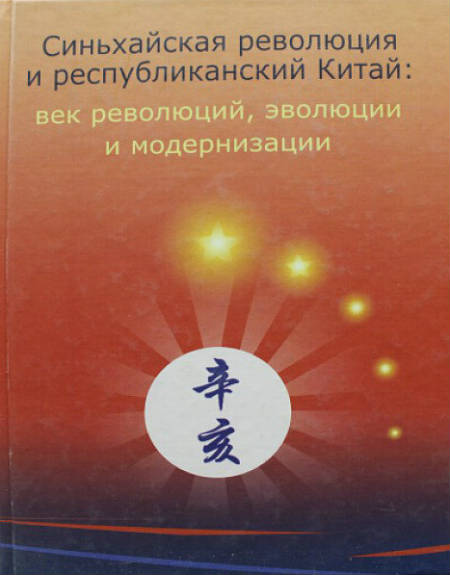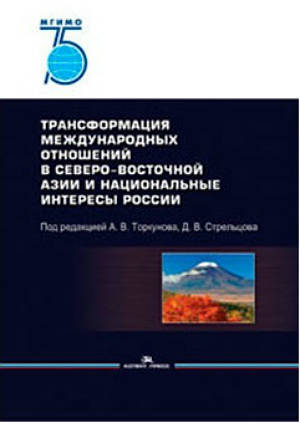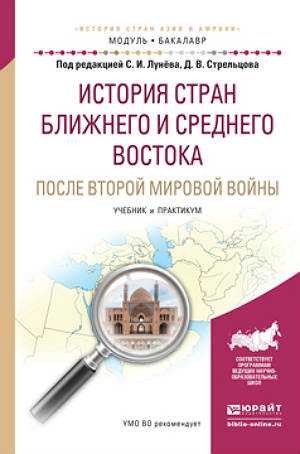Book
Japan: The 11th of Marсh, 2011 Events. Results And Lessons
General Editor: Molodyakova Elgena
Еditor: Seda Markar`yancz (Markar`yan), Molodyakova Elgena
Москва, 2012, 224 p.
We consider it was necessary to write this book. The Japanese tragedy of March 11, 2011, which included natural disasters (powerful earthquake and tsunami), and industrial disaster (nuclear accident at Fukushima-1 power plant), was beyond the national scale and became a global problem. These developments, known as the Great East Japan Earthquake, affected many countries one way or another (politically, economically, socially and psychologically); the disaster affected the Japanese business abroad, as well as foreign companies, which have mutual commitments with the Japanese counterparts, and limited the foreign investment possibilities. Some countries even questioned the expediency of atomic power engineering.
At the same time, the disaster aroused general sympathy with the Japanese, who displayed great self-control and solidarity. Many countries not just demonstrated moral support and sympathy, but sent their rescue teams, furnished financial assistance, provided medical and food aid. Many foreigners worked side by side with the Japanese volunteers, clearing the debris at the
disaster-afflicted area. Like many other nations, Russia – the close neighbour of Japan – also didn’t stand aside.













